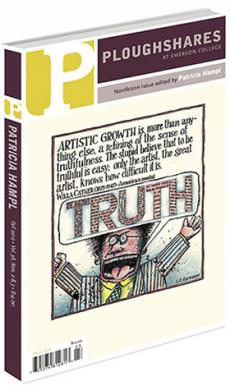Snow on Snow
Issue #118
Fall 2012
Snow had fallen, snow on snow, Snow on snow, In the bleak mid-winter Long ago. You probably know these lines, either from Christina Rossetti’s poem of 1871 or, more likely, Holst’s setting of them as a carol. I used...
Purchase an archive subscription to see the rest of this article.
Purchase an archive subscription to see the rest of this article.

